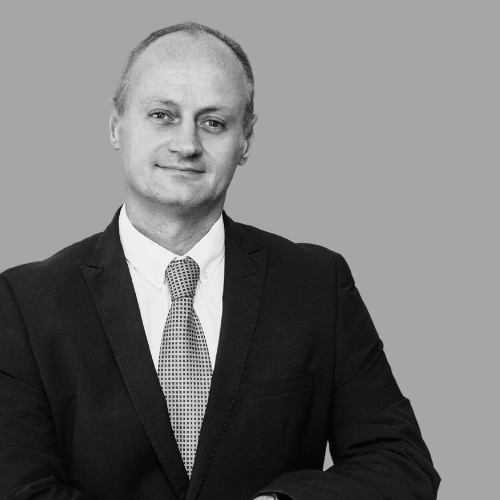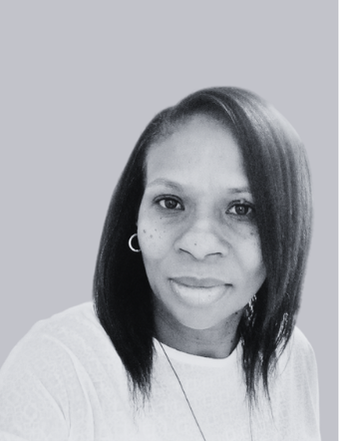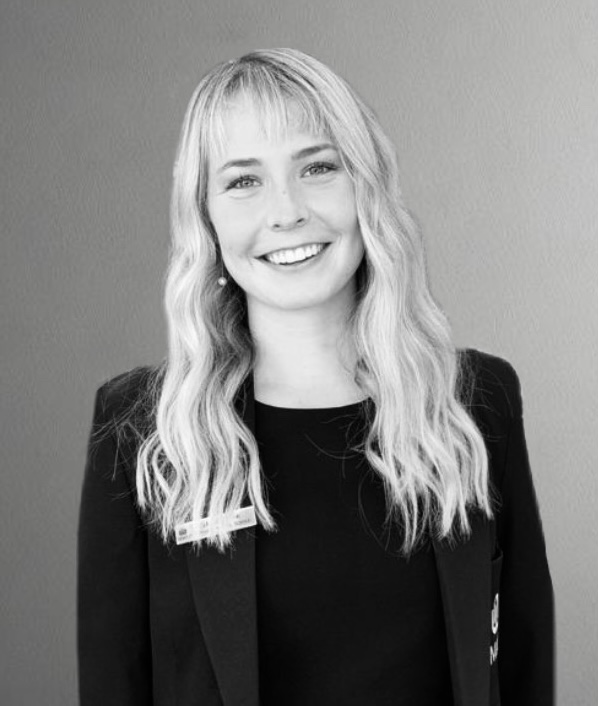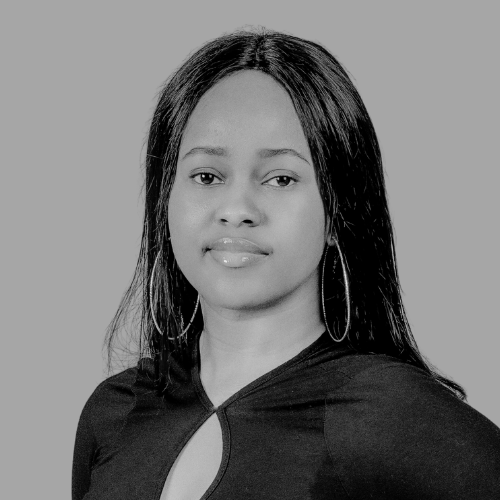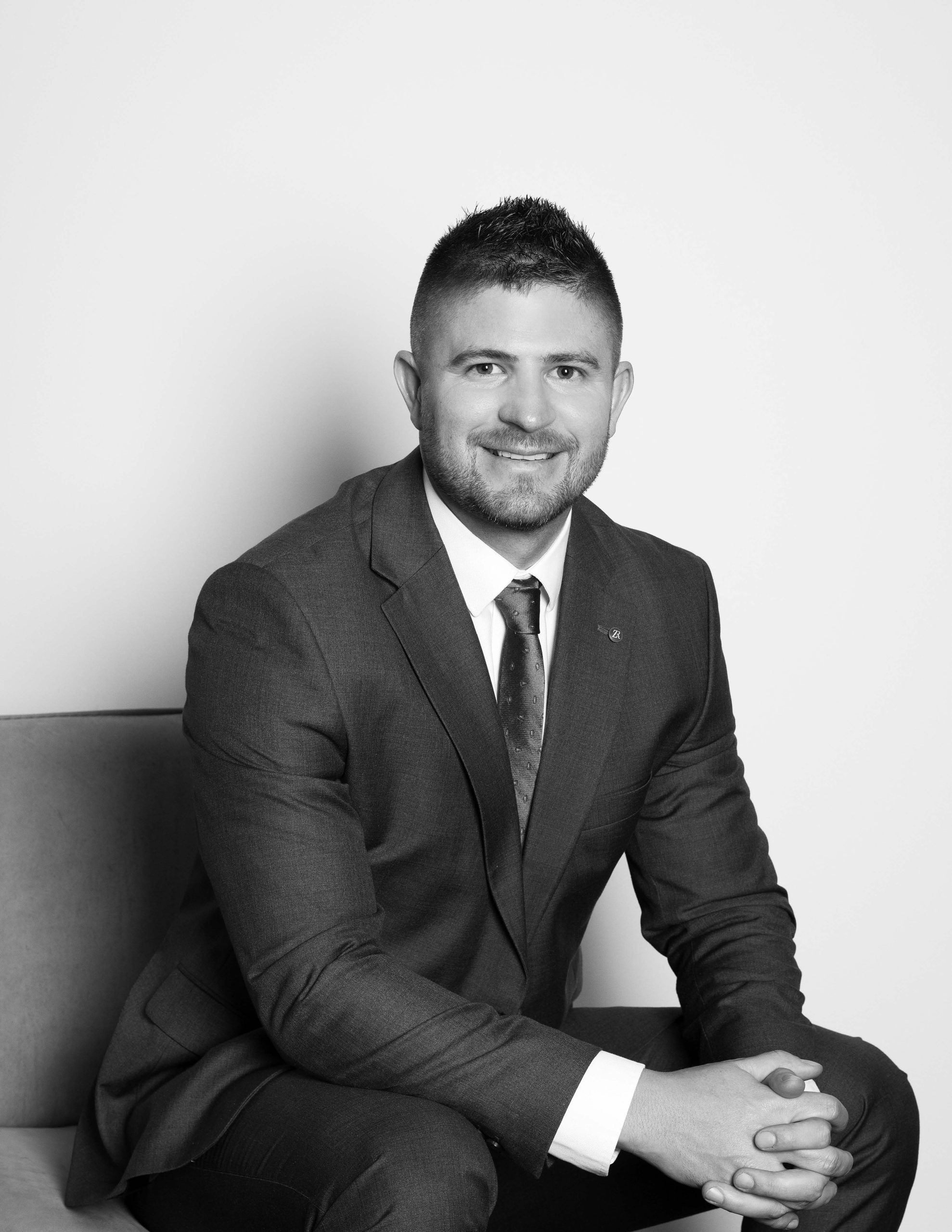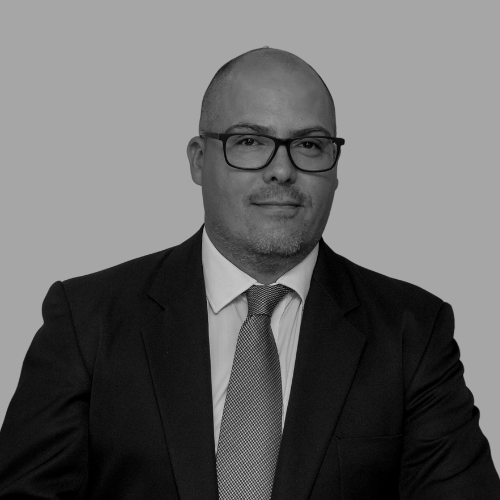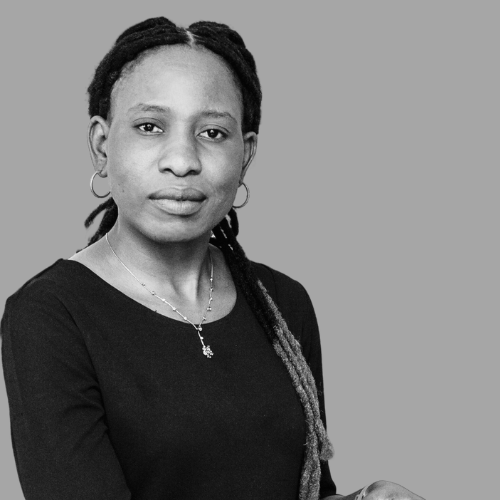The answer is simple – every South African should own a Tax-free Savings Account (TFSA). It is a well-known statistic that only around 7% of South Africans can retire comfortably at retirement age (55 in South Africa). This is why the South African government introduced Tax Free Savings Accounts as a savings vehicle to encourage South Africans to save more towards their retirement. The rules are simple. All contributions (limit of R36,000.00 per tax year with a lifetime contribution limit of R500,0000.00) and growth on the investment is ultimately Tax-Free. It is a no brainer that all South Africans should own a TFSA in their basket of investments.
We all own different types of assets. Some investors invest in property, some own shares, while others invest in fixed income assets (bond and cash). There are also investors who start their own business with the intention of producing income as well as increasing the value of their business. While diversification across different asset classes is key to a healthy investment portfolio, at some point in time, taxes (either income tax, capital gains tax or dividend tax) will be payable on these assets. As investors, we all strive to invest in the most tax-efficient investment and pay as little tax as possible. A TFSA is one of those investments which allows for this.
Investment to supplement your retirement savings
A TFSA is a great way to supplement your retirement savings. This investment could ensure you have access to some tax-free capital at retirement. One could use this to draw a tax-free income at retirement, renovate the family home, squash off some expensive debts that are still on the balance sheet or use the capital to pay for a holiday trip that you didn’t get to go on during your working years.
Investment for your children and grandchildren
I love this idea of giving your family a head start. If your cash-flow allows for it, start investing into a TFSA for your children and/or grandchildren (make sure the investment is set up in their name). You can set up a monthly debit order of R500.00 per month or you can do a lump sum of R36,000.00. Keep in mind that this will be regarded as a donation by the South African Revenue Services (SARS) and any contributions to your children’s or grandchildren’s TFSA should be kept under R100,000.00 per annum (annual tax-free donations limit allowed by SARS). The amount you contribute towards their TFSA is not too important, but rather the idea of setting up the investment and making some sort of contribution. The earlier you can start the better as the effects of compounding growth over 55 years will be much greater than that of 30 years (25-year-old who starts investing into a TFSA today).
One must bear in mind that investing into a TFSA on behalf of someone else that, albeit you have good intentions, you are making a financial decision on their behalf. Although I am a big believer that a TFSA should only be accessed at retirement and used to supplement your retirement, it is ultimately an investment that is liquid and has no restrictions in terms of when one can access the capital. This means that once your child or grandchild becomes a major (18 years old in South Africa), they will have access to these funds, should they wish to access the capital.
It is critical for parents that have started investing or plan to start investing into a TFSA for their children to sit down and have the necessary discussion around how the TFSA investment works and why it was set up (one can do this when the child or grandchild is financially sound). There is no set age as to when someone is financially sound. This could be at age 18, 21 or even 25. Some children might need access to the tax-free money to buy their first car, pay a deposit for their first property, start a business or go and study abroad. However, if the child or grandchild is fortunate enough to not need to access the tax-free capital at age 18, they can continue to own the investment to their retirement age. Imagine the tax-free capital that will be available at his or her retirement age. It could be life changing. Either way, whether they need to access the tax-free capital before their retirement age or they decide to hold the tax-free investment until their retirement, you have still given your loved ones a head start in life.




